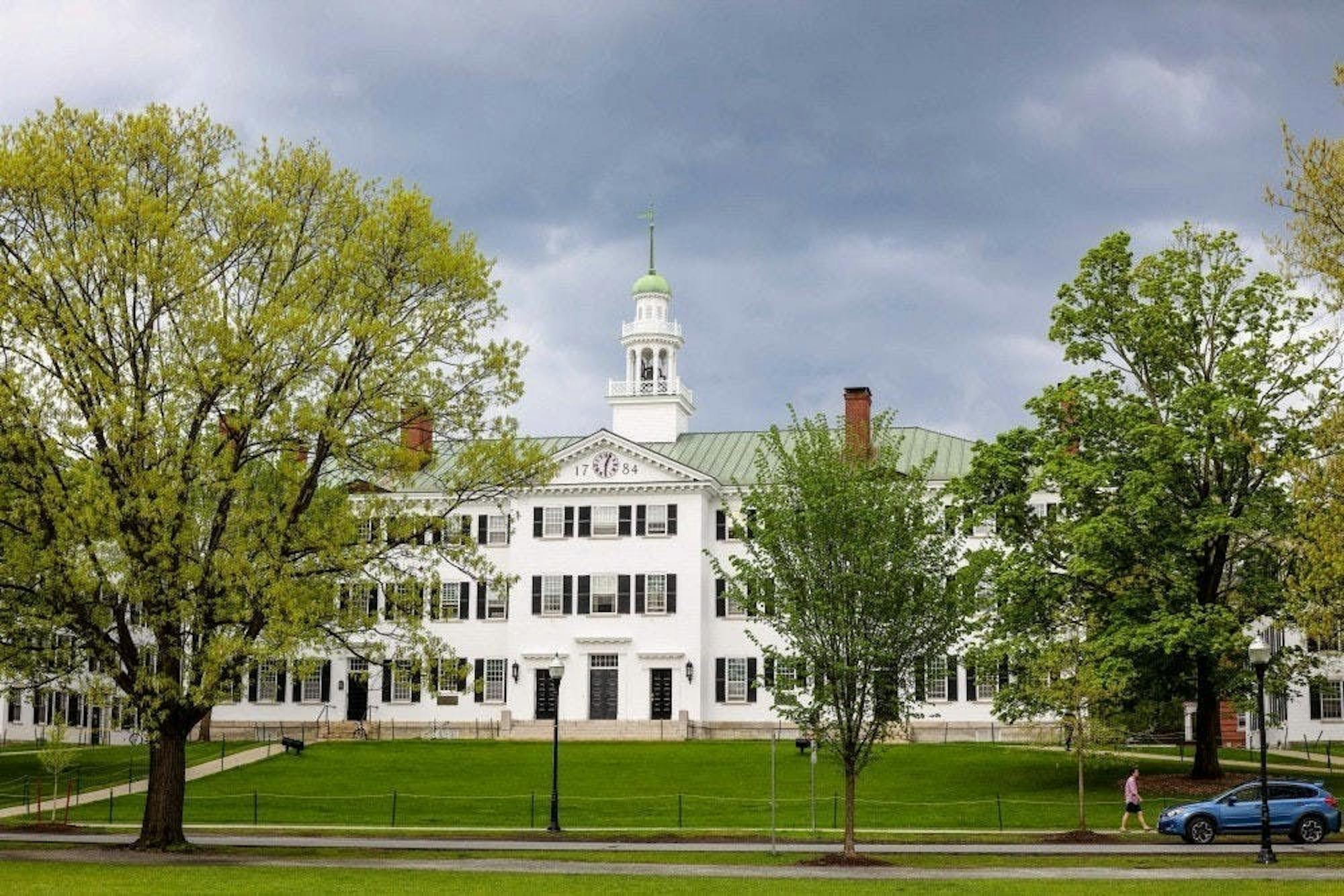After a U.S. district court in Texas blocked new applicants for the Deferred Action for Childhood Arrivals program earlier this month, College President Philip Hanlon ’77 sent an email to the Dartmouth community expressing his “deep disappointment and concern” with the ruling. According to his email, the College will take action to promote “federal legislation that provides Dreamers with a clear path to citizenship.”
“Dartmouth officials will continue direct communication with members of Congress to reiterate our strong support for Dreamers and for any legislation that would ensure that those who were brought to this country as children and had obtained legal status under DACA can continue to pursue their studies freely and without fear,” Hanlon wrote in his July 17 email.
Immigration attorney Dan Berger — who has previously worked with the Office of Visa and Immigration Services to provide legal support for undocumented students on campus — said the judge of the court case, Judge Andrew Hanen, feels that DACA “was not properly created” and that “President Obama didn’t have the legal authority to create it in the first place.”
“Last summer, the Supreme Court held that President Trump couldn’t just unilaterally and suddenly end DACA,” Berger said. “But the Supreme Court really didn’t get to the basic question of whether President Obama had had the right to create the program in the first place, and that left open the possibility of these other challenges.”
However, according to Berger, the Biden administration is reading the ruling “as narrowly as possible” in favor of Dreamers.
“[The Biden administration is] going to continue to process new renewal applications,” Berger said. “They’re going to continue to process travel document applications, and they’re going to keep accepting new applications for younger people who’ve never had it before, but just hold onto them until this court battle is over.”
OVIS director Susan Ellison confirmed in an email that “[s]tudents who have DACA will maintain their DACA benefits, and will still be able to apply for DACA renewals.”
Ellison wrote that OVIS works with students on an individual basis “to provide legal referrals, as well as other resources and support.” OVIS will also “closely monitor any developments with regard to the [Department of Homeland Security] rulemaking” and “continue to advocate for a permanent legislative solution,” she wrote.
While current DACA recipients remain unaffected by the court decision, supporters of upholding DACA argue that the instability and uncertainty brought about by the decision affects all DACA recipients.
According to the Coalition for Immigration Reform and Equality at Dartmouth co-director Juan Quinonez Zepeda ’22, CoFIRED is focusing its advocacy on “any and all undocumented groups.” Quinonez Zepeda said that although the ruling won’t impact current DACA recipients, the ruling still has an impact on all Dreamers.
“It does create added uncertainty and fear of vulnerability, and visibility as well, every time DACA is in the news,” Quinonez Zepeda said.
Although the College has publicly expressed support for DACA and Dreamers, Quinonez Zepeda said that throughout his entire time as a CoFIRED member — since coming to Dartmouth in the fall of 2018 — Hanlon has not sat down with CoFIRED representatives to discuss their demands, which include establishing family contribution funds for undocumented students and appointing a new dean specializing in immigration-related issues.
“They do not really have the capacity nor the resources to really support those students,” Quinonez Zepeda said.
On July 28, CoFIRED sent an email to campus advertising resources for affected students, including the organization’s Immigrant Community Support Fund, and urging the Dartmouth community to educate themselves on DACA, “to stand in solidarity with [their] affected peers and to continue to advocate for a pathway to citizenship for undocumented students.”
According to a July 17 statement from U.S. President Joe Biden, “only Congress can ensure a permanent solution by granting a path to citizenship for Dreamers that will provide the certainty and stability that these young people need and deserve.”
Berger also emphasized the importance of such legislation. While he believes that protecting DACA as a short-term solution is necessary, finding a more permanent solution to immigration reform should also be a priority. Berger said that DACA is “a Band-Aid” and a “temporary fix.”
“I really hope this doesn’t happen, but if DACA were just struck down by the courts completely, I think Congress would be forced to act,” Berger said. “And I think it’s easier for Congress to do less when there is DACA [in place].”





